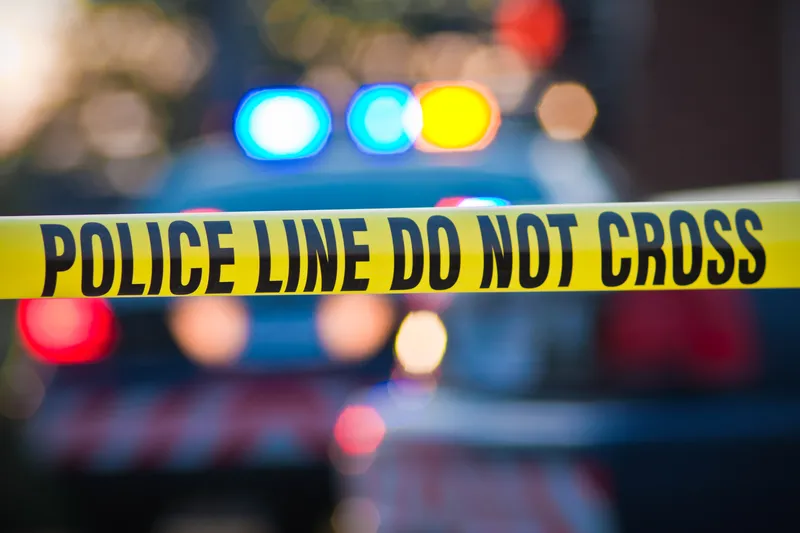A broad range of safety, auto, insurance and alcohol industry groups and companies has called on the US Congress to pass legislation to provide funding for an advanced drunk driving detection research programme. They claim it could lead to more than 8,000 fewer highway fatalities each year and a nationwide economic cost saving of approximately US$130 billion annually. In a letter to House Transportation & Infrastructure Committee the groups called for inclusion of the ROADS SAFE (Research of Alcohol Detect
April 17, 2012
Read time: 2 mins
A broad range of safety, auto, insurance and alcohol industry groups and companies has called on the 2018 US Congress to pass legislation to provide funding for an advanced drunk driving detection research programme. They claim it could lead to more than 8,000 fewer highway fatalities each year and a nationwide economic cost saving of approximately US$130 billion annually.
In a letter to House Transportation & Infrastructure Committee the groups called for inclusion of the ROADS SAFE (Research of Alcohol Detection Systems for Stopping Alcohol-related Fatalities Everywhere) legislation in the safety portion of the surface transportation measure under development by the Committee.
The letter states that the legislation "would authorise the transfer of currently unused safety funds at a rate of $12 million annually for five years to support and expand the ongoing DADSS (Driver Alcohol Detection System for Safety) research programme currently being undertaken by the834 National Highway Traffic Safety Administration and leading automakers.
"The goal of this research programme is to develop a publicly-supported technology for vehicles that will instantaneously and passively detect if a driver is drunk (above the legal limit of .08 BAC) and prevent the vehicle from starting. The technology must also be extremely accurate, inexpensive and a non-invasive optional safety feature," the letter adds.
Groups and companies on the letter are4939 AAA, 4940 Advocates for Highway and Auto Safety, 2094 Alliance of Automobile Manufacturers, 4941 Allstate Insurance, 4942 American Academy of Pediatrics, 4944 American Association of State Highway and Transportation Officials, 4956 American Automotive Policy Council, 4957 American Highway Users Alliance, 4945 American International Automobile Dealers Association, 4626 American Trucking Association, 4946 Association of Global Automakers, 4947 Distilled Spirits Council of the United States, 4948 Governors Highway Safety Association, 4949 Mothers Against Drunk Driving, 4950 National Association of Minority Automobile Dealers, 4951 National Beer Wholesalers Association, 4952 National Organizations for Youth Safety, 4953 National Safety Council, 4954 Nationwide Insurance, 4955 Safe Kids USA, 2192 State Farm Mutual Insurance Company, The 4958 Century Council and 4959 Wine and Spirits Wholesalers of America.
In a letter to House Transportation & Infrastructure Committee the groups called for inclusion of the ROADS SAFE (Research of Alcohol Detection Systems for Stopping Alcohol-related Fatalities Everywhere) legislation in the safety portion of the surface transportation measure under development by the Committee.
The letter states that the legislation "would authorise the transfer of currently unused safety funds at a rate of $12 million annually for five years to support and expand the ongoing DADSS (Driver Alcohol Detection System for Safety) research programme currently being undertaken by the
"The goal of this research programme is to develop a publicly-supported technology for vehicles that will instantaneously and passively detect if a driver is drunk (above the legal limit of .08 BAC) and prevent the vehicle from starting. The technology must also be extremely accurate, inexpensive and a non-invasive optional safety feature," the letter adds.
Groups and companies on the letter are








